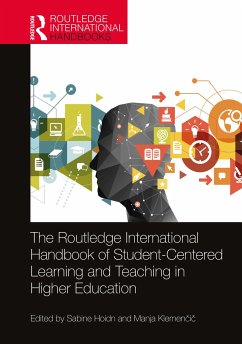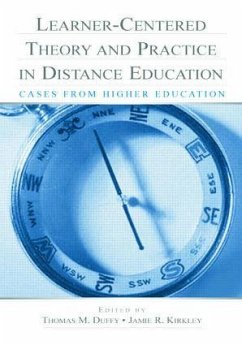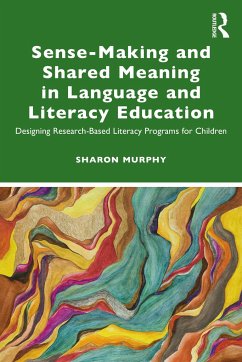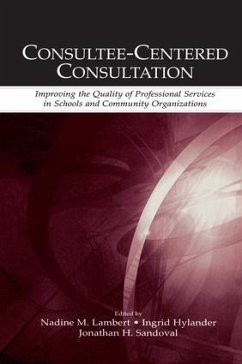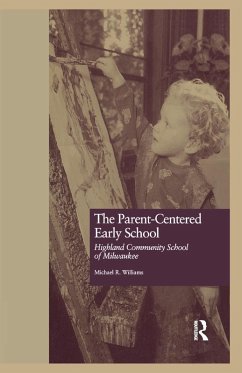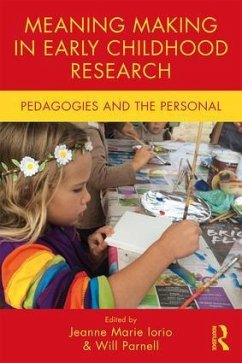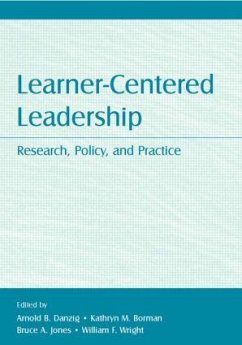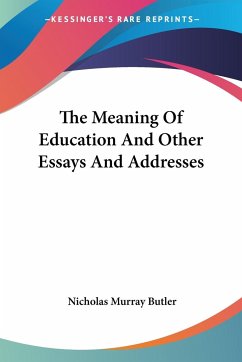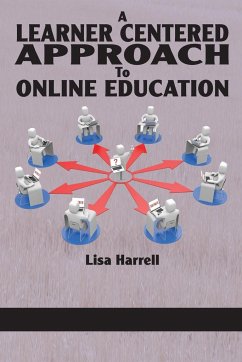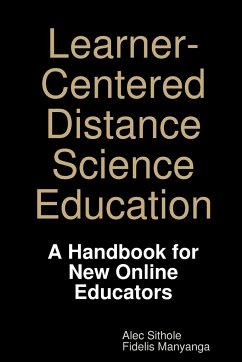
Meaning-Centered Education
International Perspectives and Explorations in Higher Education
Herausgeber: Kovbasyuk, Olga; Blessinger, Patrick
Versandkostenfrei!
Versandfertig in 1-2 Wochen
57,99 €
inkl. MwSt.
Weitere Ausgaben:

PAYBACK Punkte
29 °P sammeln!
In a time of globally changing environments and economic challenges, many institutions of higher education are attempting to reform by promoting standardization approaches. Meaning-Centered Education explores the counter-tide for an alternative vision of education, where students and instructors engage in open meaning-making processes and self-organizing educational practices. In one contributed volume, Meaning-Centered Education provides a comprehensive introduction to current scholarship and pedagogical practice on meaning-centered education. International contributors explore how modern edu...
In a time of globally changing environments and economic challenges, many institutions of higher education are attempting to reform by promoting standardization approaches. Meaning-Centered Education explores the counter-tide for an alternative vision of education, where students and instructors engage in open meaning-making processes and self-organizing educational practices. In one contributed volume, Meaning-Centered Education provides a comprehensive introduction to current scholarship and pedagogical practice on meaning-centered education. International contributors explore how modern educational scholars and practitioners all around the world are implementing a comprehensive framework that supports meaning making in a classroom. This edited collection is a valuable resource for higher education faculty and scholars interested in renewing the deep purposes of higher education.





